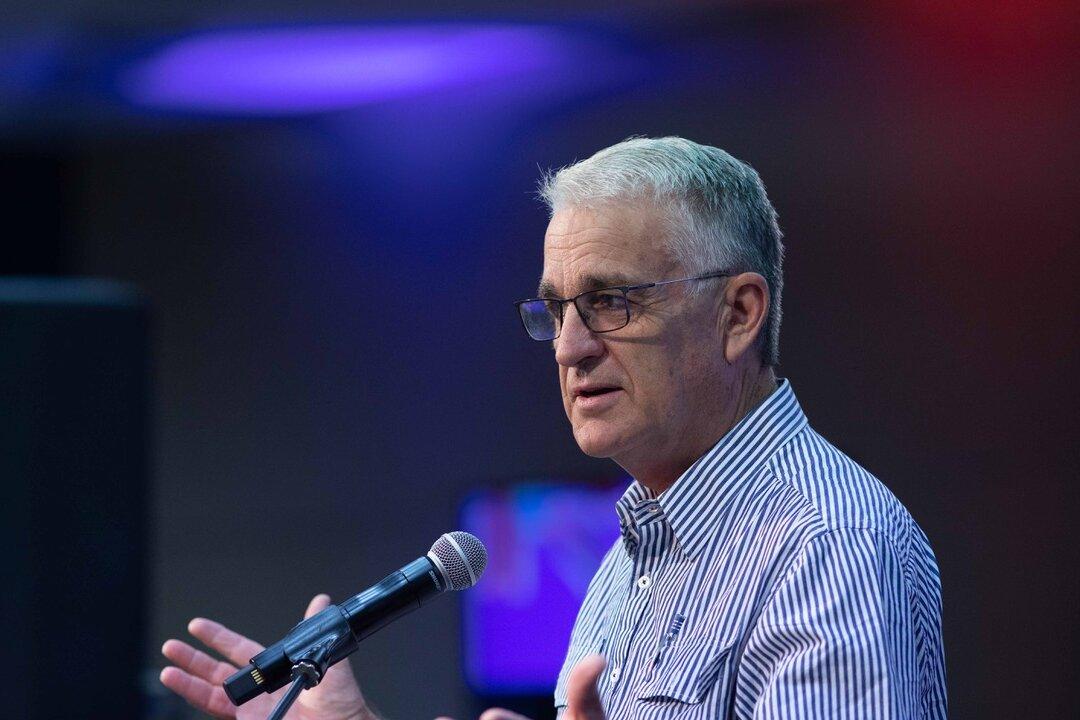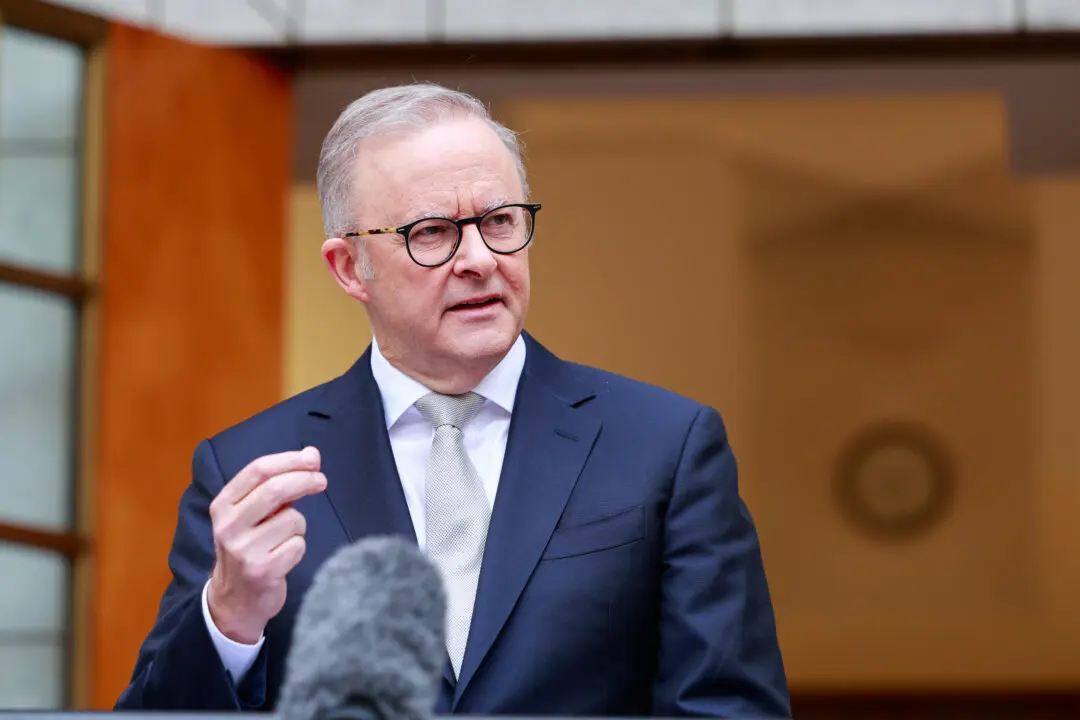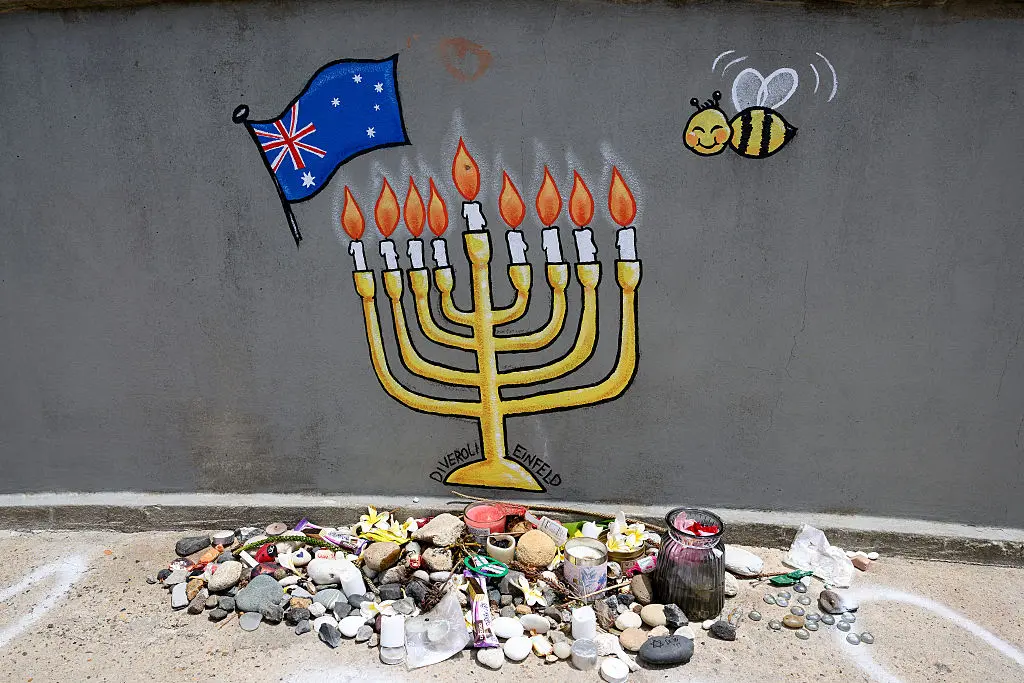The rejection of traditional values and principles has led to the embrace of big government to solve all of society’s problems, says former Deputy Prime Minister John Anderson.
The formal Nationals leader, who served in the Howard ministry from 1999 to 2005, said a consequence of this phenomenon is an increasing lack of confidence in democracy and for the younger generations, some of the highest rates of depression ever.





